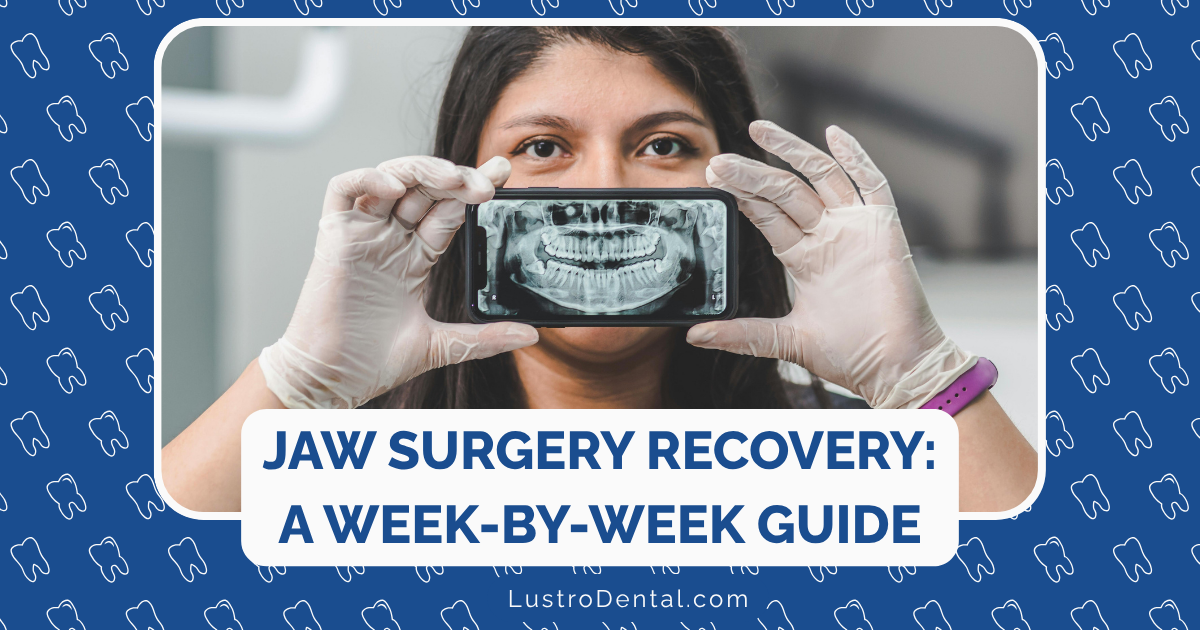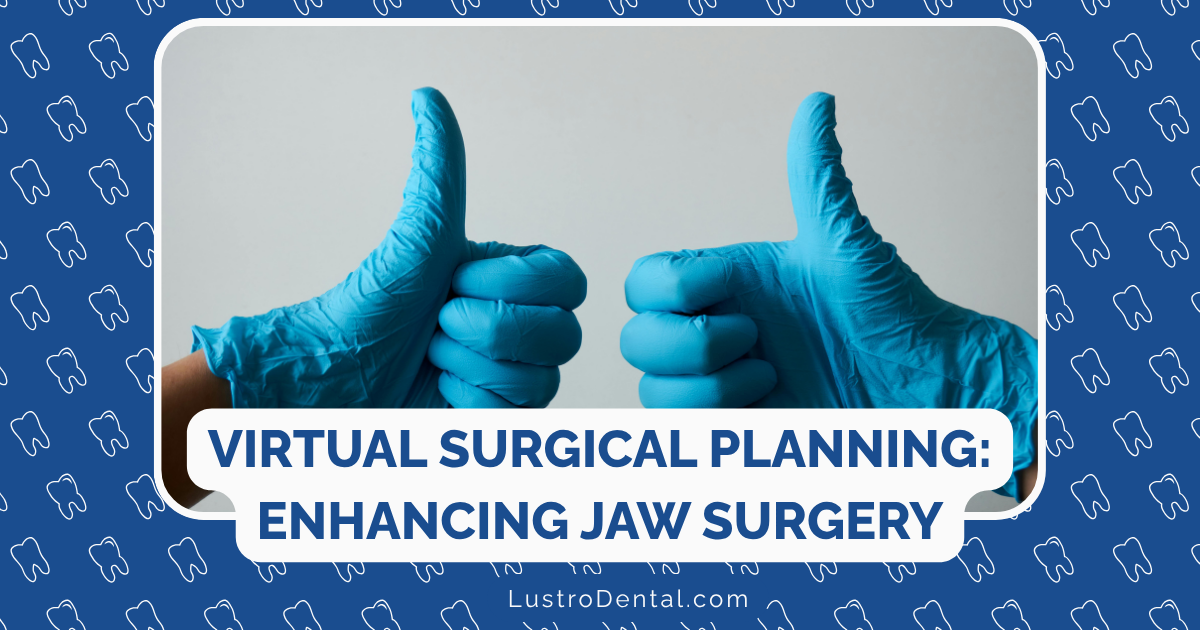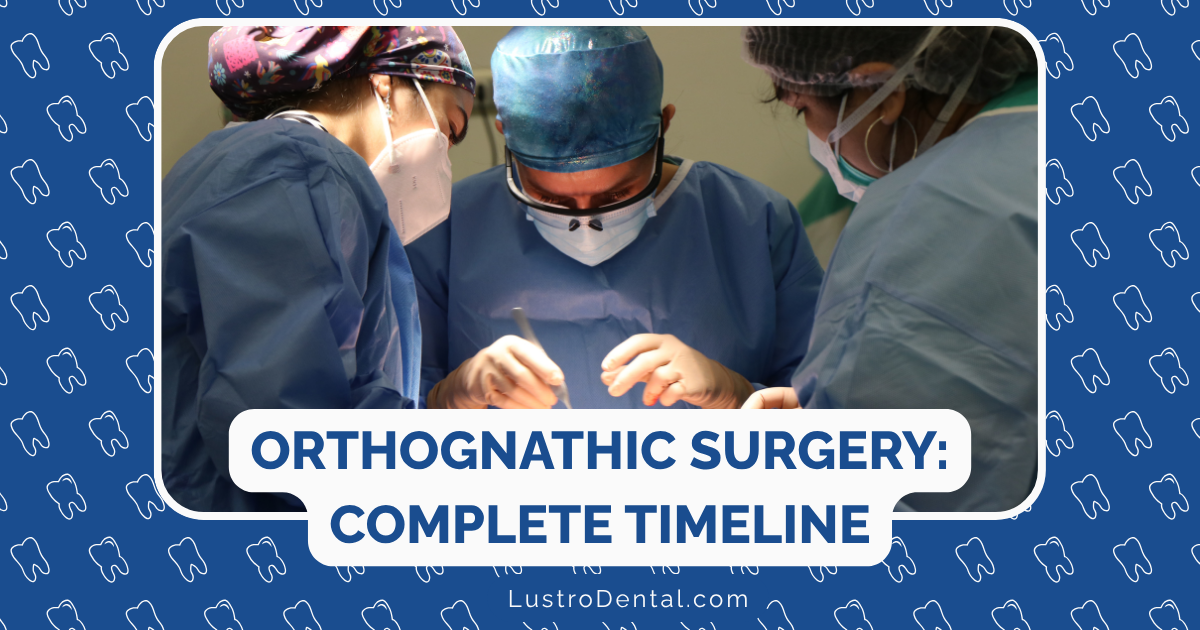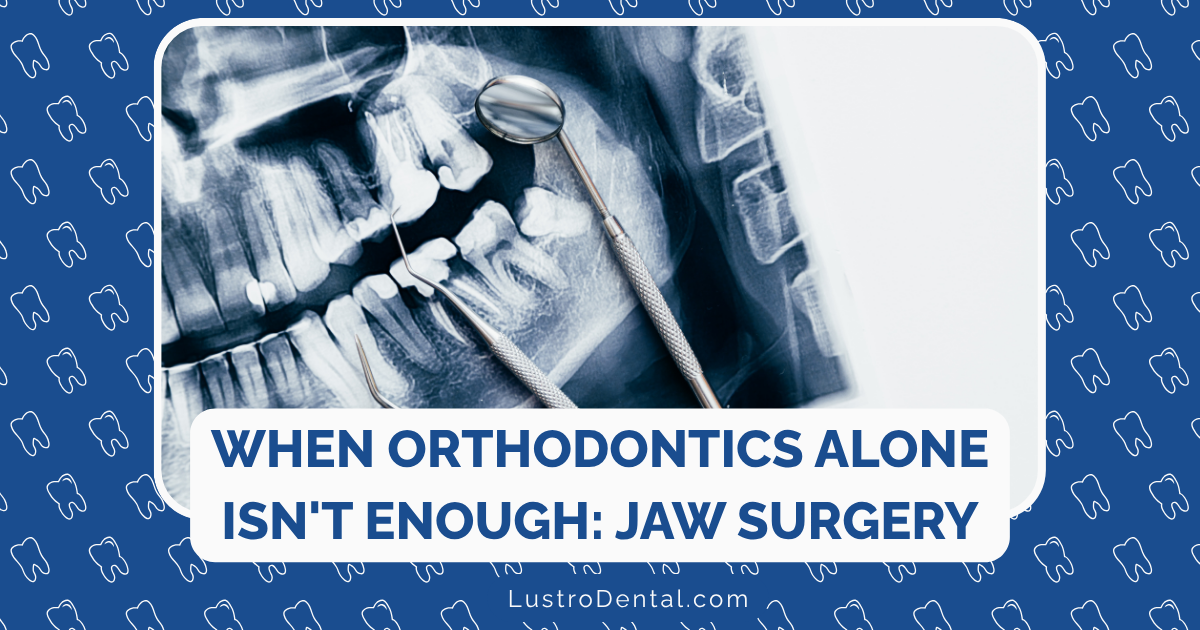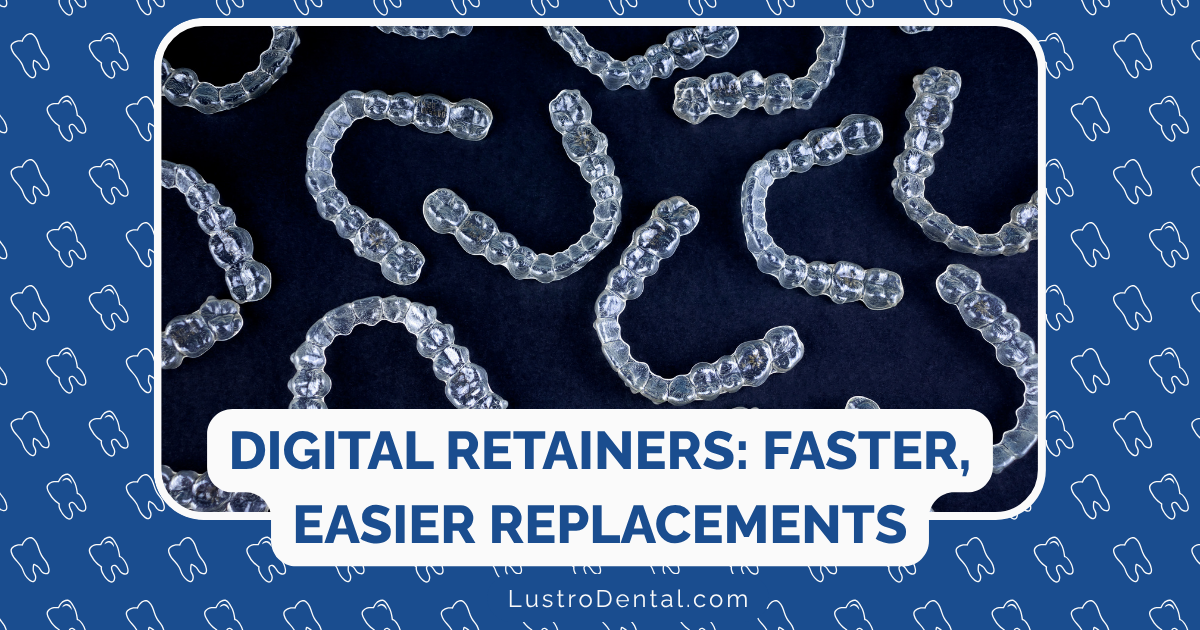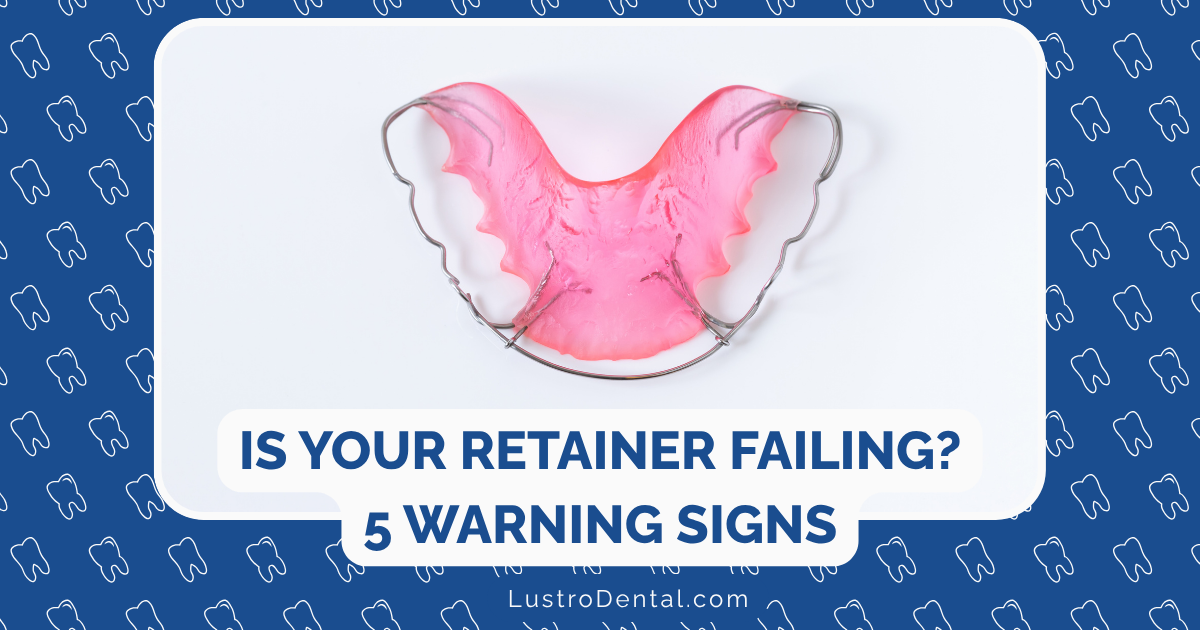The Life-Changing Benefits of Orthognathic Surgery: Patient Testimonials
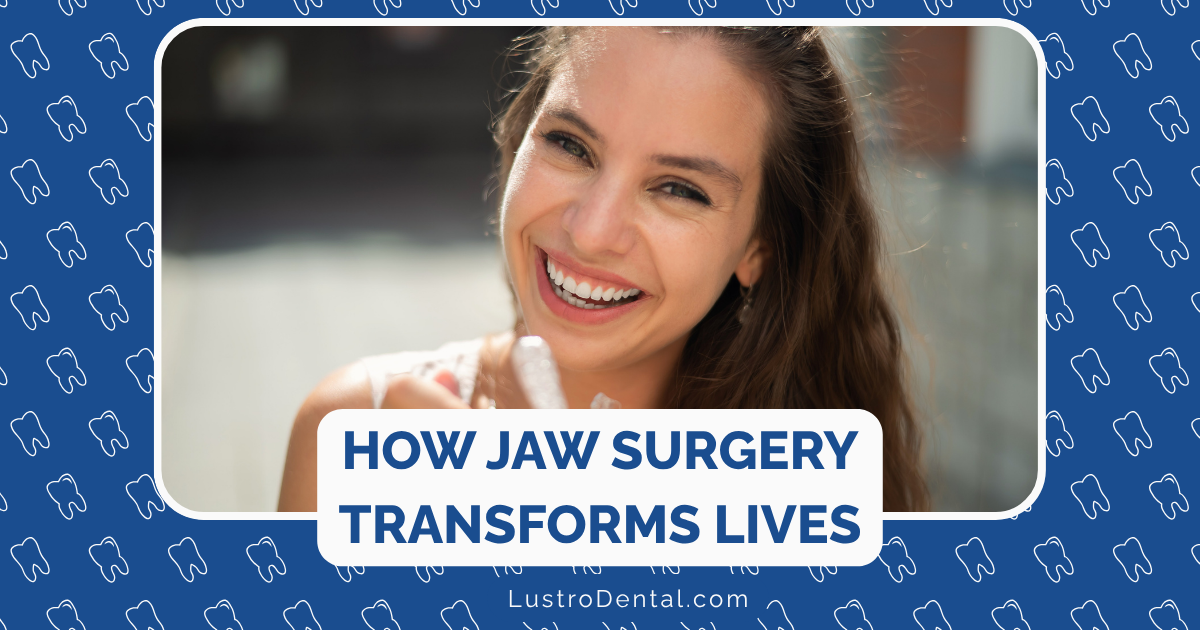
When I first started working with orthognathic surgery patients, I was struck by a common theme in their post-operative feedback: “I wish I had done this sooner.” For many, jaw surgery isn’t just a dental procedure—it’s a transformative journey that impacts everything from basic daily functions to self-confidence and overall quality of life.
In this article, I’ll share real patient experiences that illustrate the profound benefits of orthognathic surgery. These testimonials reveal how correcting jaw misalignments can lead to improvements that extend far beyond aesthetics, often solving problems patients have struggled with for years or even decades.
Understanding Orthognathic Surgery: More Than Just Cosmetic
Before diving into patient stories, let’s clarify what orthognathic surgery actually involves. This specialized procedure corrects irregularities in the jawbones and realigns the jaws and teeth to improve both function and appearance. According to a 2025 study published in BMC Oral Health, orthognathic surgery significantly improves quality of life across multiple domains, including functional limitations, physical pain, and social well-being.
Common conditions that may be addressed through orthognathic surgery include:
- Severe overbites or underbites
- Crossbites and open bites
- Facial asymmetry
- Difficulty chewing, biting, or swallowing
- Speech impediments related to jaw positioning
- Sleep apnea and breathing difficulties
- TMJ disorders and chronic jaw pain
Functional Transformations: Breathing, Eating, and Speaking
Sarah’s Story: Finally Breathing Freely
“I spent my entire life breathing through my mouth. I snored terribly, woke up with headaches, and felt constantly fatigued. My dentist eventually suggested I might have sleep apnea related to my recessed lower jaw. After orthognathic surgery to advance my mandible, the difference was immediate and dramatic. For the first time in my life, I could breathe through my nose while sleeping. My energy levels skyrocketed, the headaches disappeared, and friends joke that they can actually sleep in the same room as me now! It sounds simple, but being able to breathe properly has completely transformed my quality of life.” – Sarah, 34
Sarah’s experience aligns with research findings. According to Dr. Stephen Schendel of Jaw Surgery Los Angeles, many patients with recessed jaws experience significant improvements in sleep quality and breathing function after surgery, with some seeing complete resolution of sleep apnea symptoms.
Michael’s Story: The Joy of Eating Without Pain
“I avoided social meals for years because eating was such a struggle. My severe open bite meant my teeth only touched in the very back, making it nearly impossible to bite through foods or chew efficiently. After surgery to correct my bite, I cried the first time I bit cleanly through a sandwich. Something so simple that others take for granted was life-changing for me. Now I can eat anything, and dining out with friends has become a pleasure rather than a source of anxiety.” – Michael, 29
Michael’s testimonial reflects a common outcome. A 2025 study in PubMed Central found that 83.3% of orthognathic surgery patients reported significant improvements in biting and chewing functionality post-surgery.
Elena’s Story: Finding My Voice
“As a teacher, clear speech is essential for my career. My significant underbite caused a lisp and made certain sounds difficult to pronounce clearly. Students would sometimes ask me to repeat myself, which was embarrassing. After orthognathic surgery, my speech improved dramatically. The clarity and confidence I’ve gained has been remarkable—I no longer hesitate to speak up in meetings or give presentations. My students notice the difference too, and I feel more effective in the classroom.” – Elena, 42
Aesthetic Transformations: The Psychological Impact
David’s Story: From Hiding to Confidence
“I spent my entire adolescence and early adulthood hiding my profile. I never let anyone take photos of me from the side, and I developed habits like covering my mouth when I laughed. My severe retrognathia (recessed chin) made me incredibly self-conscious. After jaw advancement surgery at age 27, the change wasn’t just physical—it was psychological. I’m no longer the guy hiding in group photos or avoiding social situations. The confidence I’ve gained has affected everything from my dating life to my career progression. For the first time, I feel like my outer appearance matches who I am inside.” – David, 31
David’s experience reflects findings from a 2025 study in The Angle Orthodontist, which found that orthognathic surgery patients reported significant improvements in self-confidence and satisfaction with their appearance post-surgery.
Jamie’s Story: Smiling Without Hesitation
“I can finally smile without hesitation. Before my surgery, my severe underbite made me extremely self-conscious. I trained myself to smile with my mouth closed or to cover my mouth with my hand when laughing. After orthognathic surgery, the transformation was remarkable. Beyond just looking better, I feel like a weight has been lifted. I no longer calculate every social interaction or worry about what people think when they see my smile. That freedom—to just be present in the moment without self-consciousness—has been the greatest gift of this surgery.” – Jamie, 30, as reported by Dr. Larry Wolford
Physical Health Benefits: Beyond Aesthetics
Robert’s Story: Freedom from Chronic Pain
“I suffered from debilitating TMJ pain for over a decade. I tried everything—night guards, physical therapy, Botox injections, pain medications—but nothing provided lasting relief. My jaw would lock, click painfully, and the constant headaches affected every aspect of my life. My oral surgeon identified that my jaw misalignment was the root cause of my TMJ disorder. Six months after orthognathic surgery to correct my bite, I was completely pain-free for the first time in years. I’ve been able to discontinue all pain medications and finally sleep through the night. The surgery didn’t just improve my appearance—it gave me my life back.” – Robert, 45
Robert’s experience is supported by clinical evidence. Many patients with TMJ disorders related to skeletal discrepancies experience significant or complete resolution of symptoms following orthognathic surgery, according to findings from Jaw Surgery Los Angeles.
Lisa’s Story: Unexpected Health Improvements
“I pursued orthognathic surgery primarily to correct my open bite, which made eating difficult. What I didn’t expect were the additional health benefits. Before surgery, I suffered from frequent sinus infections and persistent allergies. My surgeon explained that my maxillary deficiency was likely contributing to narrowed nasal passages. After surgery to advance my upper jaw, not only did my bite improve, but my breathing and sinus issues resolved almost completely. I haven’t had a sinus infection in the three years since my surgery, and my allergy symptoms have decreased significantly. These were benefits I never anticipated but am incredibly grateful for.” – Lisa, 36
The Recovery Journey: Worth the Temporary Discomfort
Alex’s Story: Temporary Challenge, Permanent Reward
“I won’t sugarcoat it—recovery from double jaw surgery was challenging. The first two weeks were particularly difficult with swelling, liquid diet restrictions, and limited jaw mobility. But looking back now, that temporary discomfort seems so insignificant compared to the lifetime of benefits I’ve gained. By week six, I was feeling much more like myself, and by three months, the transformation was remarkable. My advice to anyone considering this surgery is to focus on the long-term outcome. The recovery period is temporary, but the improvements in function, appearance, and confidence last a lifetime.” – Alex, 33
Alex’s perspective aligns with research findings. According to a 2025 study in BMC Oral Health, while the immediate post-operative period can be challenging, the significant improvements in quality of life make the temporary discomfort worthwhile for the vast majority of patients.
Sophia’s Story: Support Makes All the Difference
“Having a strong support system made all the difference in my recovery. My surgeon was transparent about what to expect, which helped me prepare mentally. My family stepped in during those early weeks when I needed help with meals and daily activities. I also joined an online support group of orthognathic surgery patients, which was incredibly valuable—seeing others who had made it through the recovery gave me confidence that I would too. Six months post-surgery, I’m thrilled with my results and grateful for the support that helped me through the challenging early recovery period.” – Sophia, 27
Long-Term Satisfaction: Would They Do It Again?
One of the most telling indicators of orthognathic surgery’s impact is whether patients would choose to undergo the procedure again, knowing what they now know about recovery and results.
According to a 2025 study published in PubMed Central, 71.5% of patients indicated they would “definitely” or “probably” undergo surgery again, with 84.1% reporting they were very or somewhat satisfied with their surgical outcome.
Mark’s Reflection: Five Years Later
“It’s been five years since my orthognathic surgery, and I can confidently say it was one of the best decisions I’ve ever made. The functional improvements have remained stable—I can eat, speak, and breathe without the difficulties I had before. The aesthetic changes have continued to positively impact my confidence and social interactions. While the recovery period was challenging, it’s now just a brief chapter in my story, while the benefits continue every day. If I could go back in time, I would make the same decision without hesitation.” – Mark, 41
Who Can Benefit Most from Orthognathic Surgery?
Based on patient testimonials and clinical research, orthognathic surgery may be particularly beneficial for individuals experiencing:
- Functional limitations: Difficulty chewing, biting through food, or closing lips completely
- Speech challenges: Problems with clear articulation related to jaw positioning
- Breathing issues: Sleep apnea, snoring, or mouth breathing due to jaw structure
- Chronic pain: TMJ disorders, headaches, or facial pain related to malocclusion
- Psychological impact: Self-consciousness, social anxiety, or reduced quality of life due to facial appearance
Making an Informed Decision
While these testimonials highlight the transformative potential of orthognathic surgery, it’s important to recognize that each patient’s experience is unique. The decision to pursue surgery should be made in consultation with qualified healthcare providers, including an oral and maxillofacial surgeon and an orthodontist.
Factors to consider include:
- Severity of the condition: The degree of functional impairment and aesthetic concerns
- Alternative treatments: Whether non-surgical approaches might adequately address the issues
- Recovery considerations: Ability to take time off for recovery and availability of support
- Expectations: Realistic understanding of potential outcomes and limitations
Conclusion: Life-Changing Possibilities
The patient testimonials shared in this article illustrate why orthognathic surgery is often described as life-changing. From functional improvements in breathing, eating, and speaking to psychological benefits like enhanced confidence and self-image, the impacts extend far beyond cosmetic changes.
For many patients, orthognathic surgery represents a turning point—a before-and-after moment that fundamentally improves their quality of life. While the journey involves temporary challenges during recovery, the vast majority of patients report that the long-term benefits far outweigh the short-term discomfort.
As one patient succinctly put it: “Orthognathic surgery didn’t just change my smile; it changed how I face the world.”
Have you undergone orthognathic surgery or are you considering it? Share your thoughts in the comments below.


